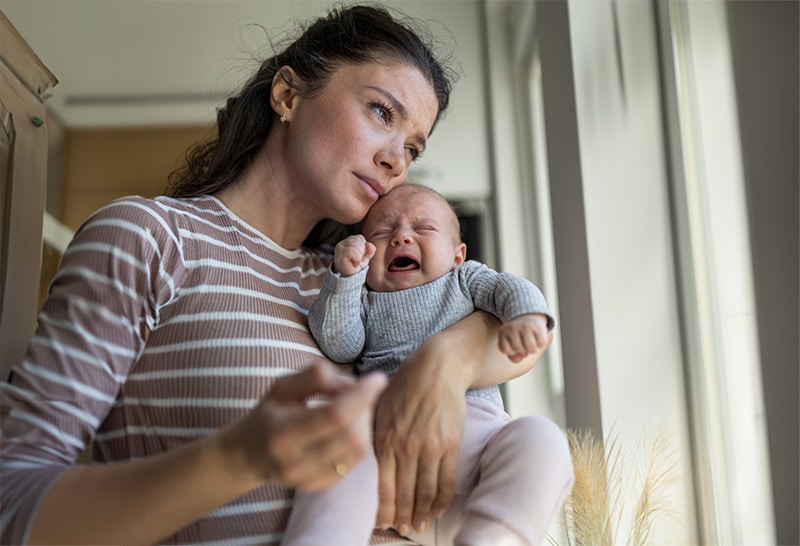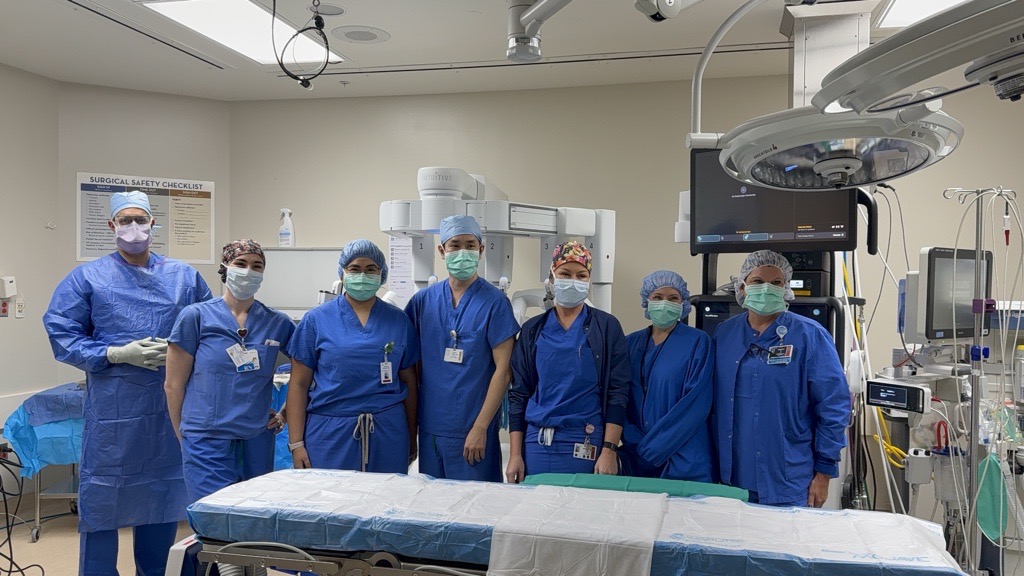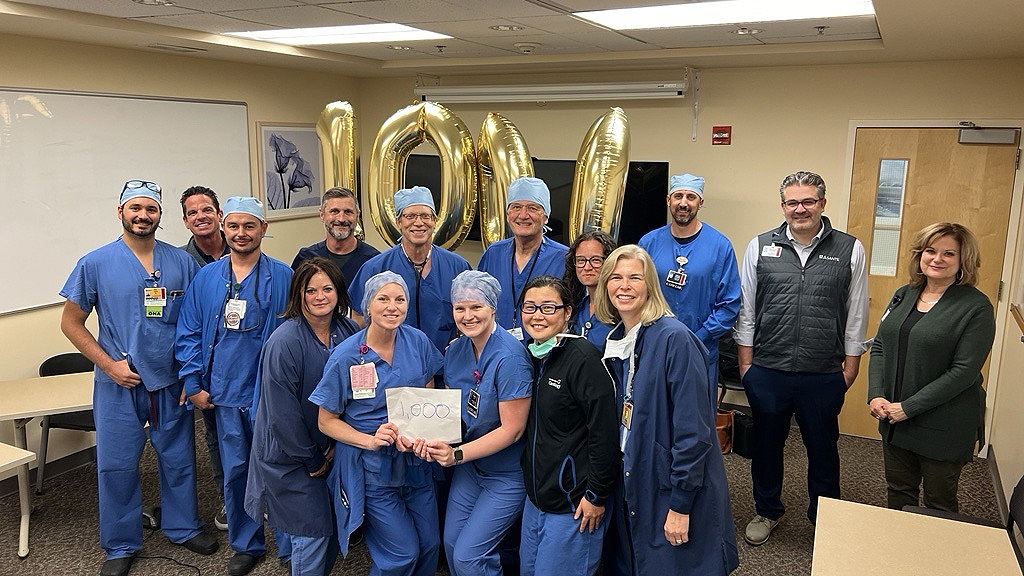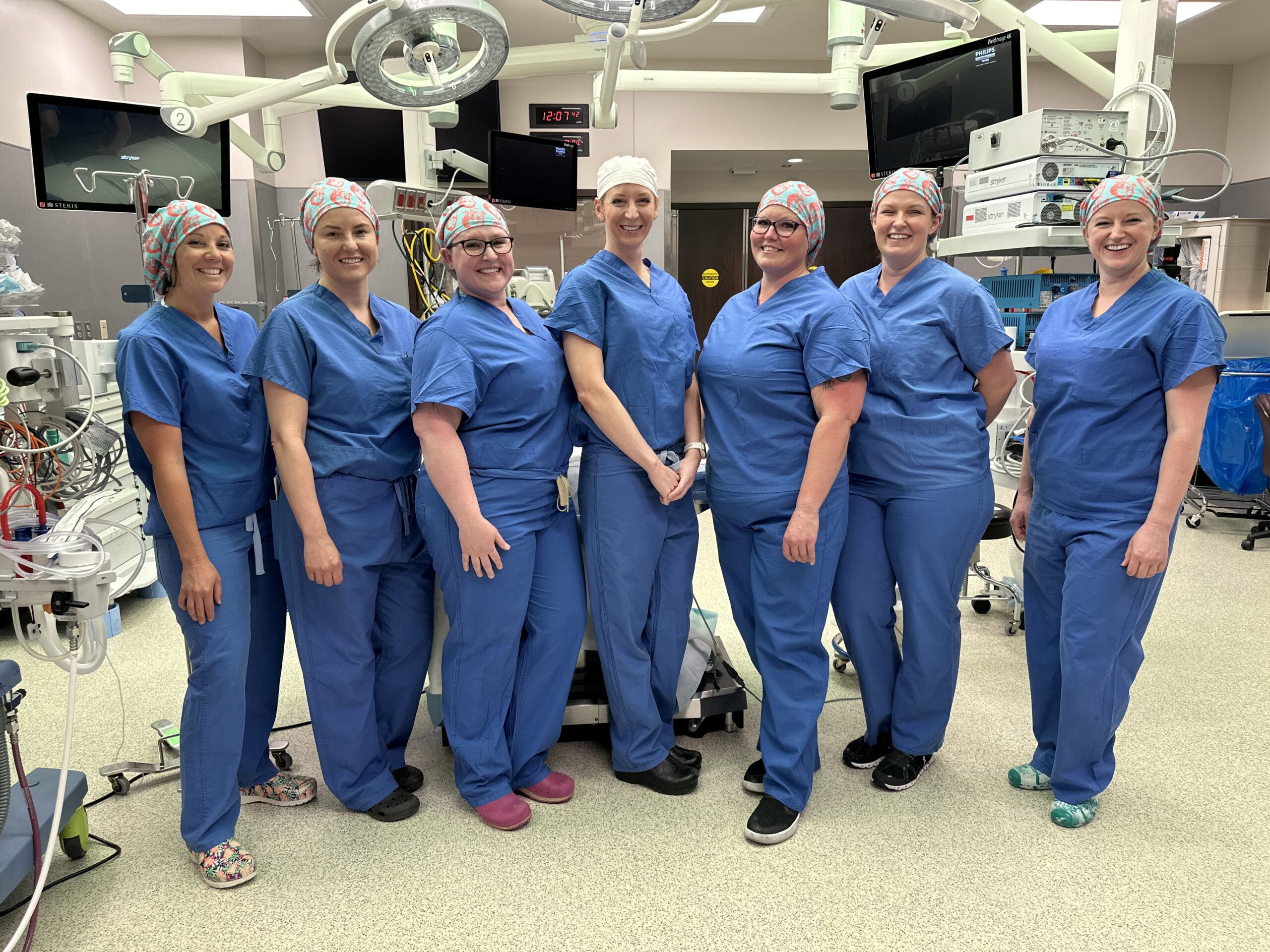Summary
RSV can affect anyone, but infants under 6 months old and children below 2 years of age who have chronic diseases or compromised immune systems are at the greatest risk of developing severe illness. Knowing the signs, symptoms, and treatments for RSV can help protect vulnerable children.
Respiratory syncytial virus, or RSV, is a common respiratory virus that usually leads to minor cold-like symptoms. RSV can affect anyone, but infants under 6 months old and children below 2 years of age who have chronic diseases or compromised immune systems are at the greatest risk of developing severe illness.
Knowing the signs, symptoms and treatments for RSV can help protect children under two years of age and those in high-risk categories.
Know the signs
Symptoms of RSV are usually visible within four to six days after becoming infected. Common RSV symptoms include a runny nose, lack of appetite, coughing, sneezing, fever and sometimes wheezing. RSV symptoms in adults tend to be comparable to a typical cold.
Immediate medical attention may be necessary if your child’s symptoms include difficulty breathing, trouble eating due to quick breathing, wheezing, extreme dehydration, or fatigue. Learn more.
Caring for a child infected with RSV
Most RSV infections should go away naturally in a couple of weeks. To support your child’s recovery, practice good feeding habits, ensure adequate hydration and sleep levels, and use over-the-counter fever reducers or pain relievers. Newborns may require suctioning of the nasal mucus to keep their breathing passages clear.
In some instances, hospitalization or specialized care may be essential to ensure the best possible outcome.
Medical care
If your child needs medical attention, the most reliable option is to visit their pediatrician. If your provider is unavailable, try an urgent care or immediate care facility. If you are concerned about the severity of your child’s symptoms and are unable to contact your pediatrician, do not delay care, visit your local Emergency Department.
Prevention
People displaying signs of cold-like illnesses should take extra care to avoid contact with premature infants, children younger than 2 years of age with chronic lung or heart conditions and children with immunocompromised or neuromuscular disorders. If parents or caregivers cannot avoid contact with these children, they must follow prevention measures and wash their hands before engaging with them.
If you’re exhibiting any signs of a cold, make sure not to spread a potential virus to others:
- Regularly wash your hands with soap and water for a minimum of 20 seconds.
- Cover your nose and mouth with a tissue or elbow when coughing or sneezing — never into your hands.
- Avoid close contact with others, including embracing, kissing, shaking hands or using the same drinking cups and eating utensils.
To ensure the best possible health outcomes for children at high risk of contracting serious RSV disease, parents should consider limiting their time in childcare centers or other environments where they may pick up viruses from others.
Taking these precautions can significantly reduce their risk of contracting the virus.









